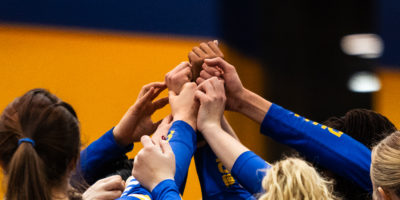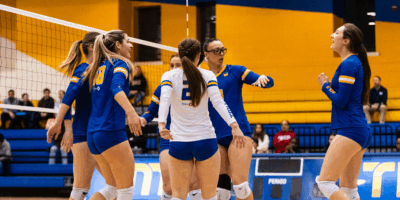By Carys Mills
A ringleader of a plot to cripple the Canadian economy with a series of explosions, some targeting downtown Toronto, pleaded guilty on Oct. 8.
Zakaria Amara, a former Ryerson student, pleaded guilty in a Brampton court to knowingly participating in or contributing to a terrorist group and intending to cause an explosion that was likely to cause serious bodily harm, death or damage to property.
Plans of the group, dubbed the Toronto 18, included targeting the Toronto Stock Exchange, the headquarters of the Canadian Security Intelligence Service (CSIS) on Front Street and a military base with three U-Haul trucks packed with fertilizer bombs in 2006.
Amara, 24, agreed to a statement of facts, admitting he created a remote-controlled detonator. He also recruited others and helped organize a terrorist training camp.
Amara’s guilty plea surprised his wife, Nada Farooq. The two married just before finishing high school in 2004.
“We thought we were going to go through all the way and we were going to fight the case,” she said.
“I haven’t really talked to my husband about it, just more what I’ve read in papers,” Farooq said.
“My belief in God and my confidence in the case [keeps me going],” Amara told the Eyeopener in September 2008. “The truth will come out, whether today, tomorrow, a year, or 10 years from now.”
After graduating from high school, Amara took information technology classes at Ryerson. In 2005, Farooq and Amara’s daughter, Nour, was born. Amara dropped out of school to support his family financially.
While he worked full-time at a Canadian Tire gas station, Amara and 17 other men were being watched by RCMP and CSIS agents.
Amara tried to buy three tonnes of ammonium nitrate from undercover police, leading to a slew of arrests in the summer of 2006.
“To put this in context, the 1995 bombing of the Murrah Federal Building in Oklahoma City that killed 168 people took one tonne of ammonium nitrate,” said RCMP Assistant Commissioner, Mike McDonell, in a release the day after Amara and 16 other individuals were charged.
Two months later, another Ryerson student, Ibrahim Aboud, was arrested. Charges against him were stayed last year.
In 2008, Ryerson students campaigned for Amara to be released from solitary and to be able to continue his studies while in prison.
Muhammad Ali Jabbar, former Ryerson Students’ Union president, describes himself as an acquaintance of Amara.
“Without these kids actually being proven guilty, everywhere it was assumed that these kids were guilty and that’s the issue,” said Jabbar, who pushed for the presumption of innocence.
He refused to comment on Amara’s guilty plea. Now, Amara awaits his Dec. 18 sentencing hearing in the Don Jail.
His lawyer, David Kolinsky, said it’s difficult to predict the sentence Amara will receive.
“There’s very little sentencing precedent, this case is fairly unique as far as Canada’s concerned,” said Kolinsky.
“I hope people can differentiate between him and his family instead of just everyone painting all of us in the same brush,” said Farooq, who’s unsure if she will continue attending her husband’s court appearances.











Leave a Reply